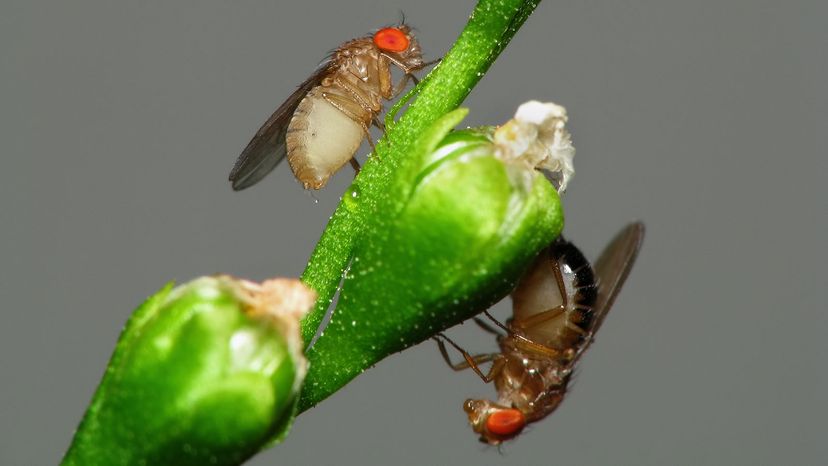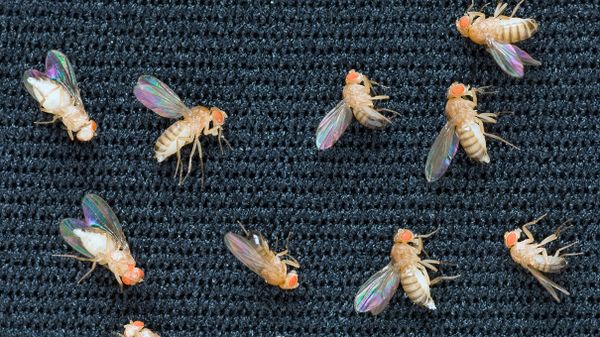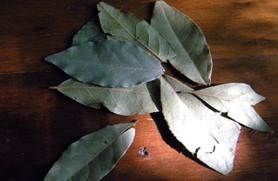
Perhaps your mom has told you that you catch more flies with honey than vinegar, meaning that being nice will gain you more friends than being rude or mean. Of course, most people have little interest in catching a fly. But if you really needed to, you'd best put out a dish of sugar water rather than one filled with vinegar, because the latter is likely to repel, repel, repel. Scientists have always known this to be true, but only just now have figured out why this happens. A study, published on Feb. 5, 2019 in the journal Cell Reports, discovered the first sour taste receptor in an animal. Not sure why this is important? Well, the ability to detect a food's acid content is literally a matter of life and death.
"Sour taste allows for the detection of hydrogen ions and organic acids. It is one of the five basic tastes and, along with other chemical and textural features, allows animals from flies to humans to discriminate between foods that are safe and appealing from other options that are dangerous," the researchers wrote in the study. "Although low levels of certain acids are attractive, high levels are repulsive. The aversion makes sense, as foods that are very acidic may be spoiled due to excessive microbial growth and, if consumed, can lead to adverse effects."
Advertisement
The researchers studied common fruit flies presented with their choice of plain sugar and sugar mixed up with different acid concentrations. Through their observation they deduced that a specific protein, known as IR7a, is necessary for the flies to pick up on the presence of acetic acid, which is the active ingredient in vinegar. The protein also helped the flies decide whether or not to pursue the concoction. The flies who didn't have the protein were out of luck.
This is crucial because the researchers suspect that flies differentiate between different types of sour compounds in order to avoid microbial growth. Another important application to this research has to do with the presence of the IR7a protein in disease-spreading insect vectors. The same laboratory is looking now at a species of mosquito that spreads deadly diseases like yellow fever, dengue fever and Zika. They do so by making use of their senses, like taste, to detect human prey.
"I think it's very valuable to learn what the receptors are in insects in general, not only because it's interesting basic science, but it could lead to ideas for controlling the way that mosquitoes are attracted to humans," explained researcher and UC Santa Barbara professor Craig Montell in a press release.
Advertisement


